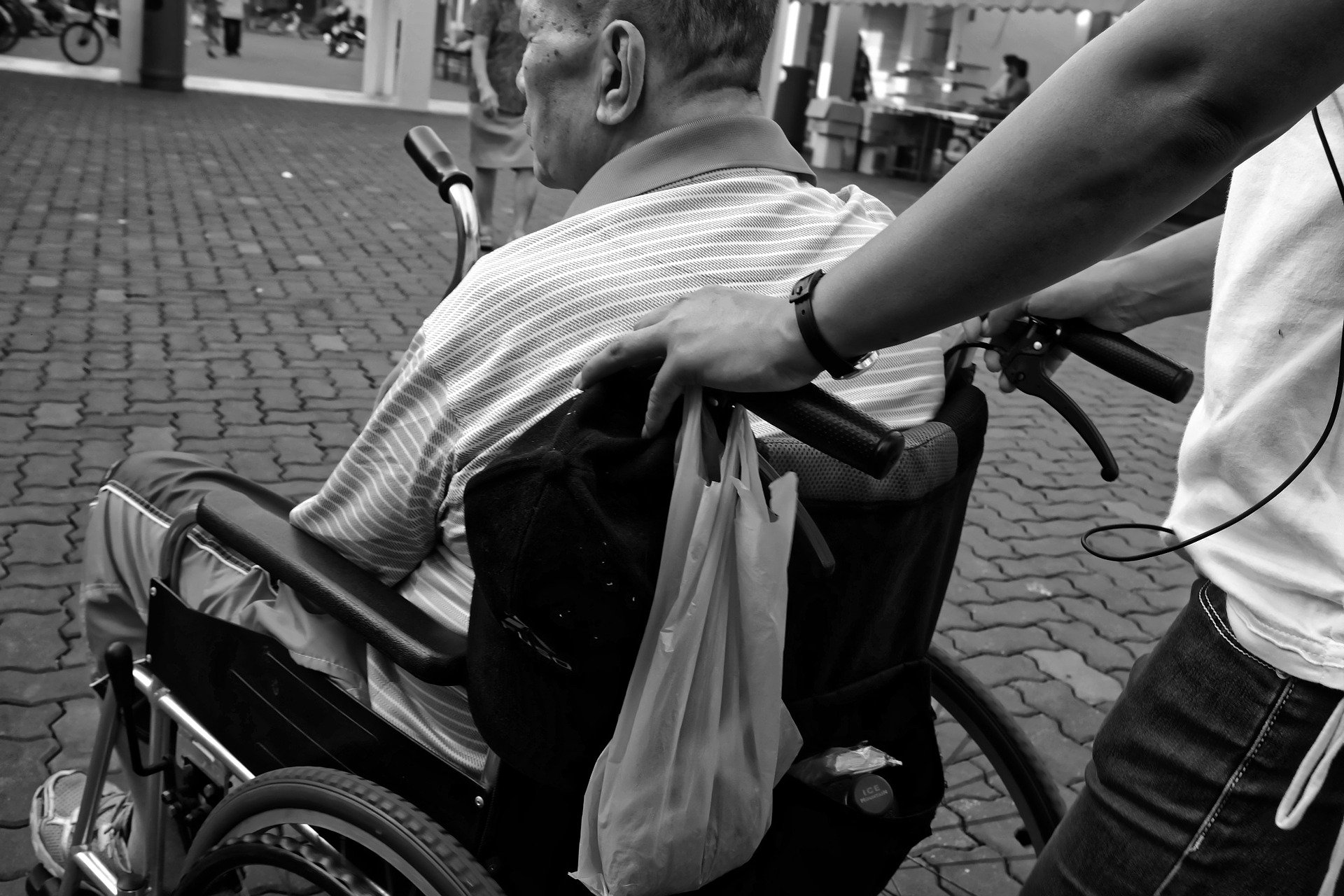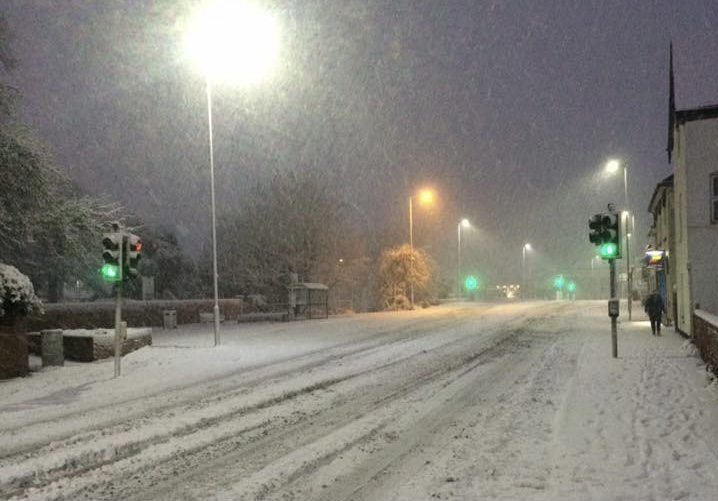By Clara Hickman
Since the start of the first lockdown in March this year the pressure and exhaustion that frontline workers have felt due to the Coronavirus pandemic has been overwhelming.
Recognising their battle in helping people with Covid-19, chancellor and finance minister Rishi Sunak granted doctors an increase of 2.8% in the summer of this year while nurses who were still moving up their pay structures would see an average 4.4% rise in 2020.
However, Carers UK, a charity dedicated to fighting for carers rights have drawn attention to how carers have seemingly fallen under the radar during the pandemic. For many years they have campaigned for an increase in financial support for carers and have not stopped doing so throughout the pandemic, the need for it at its most vital.
It is Carers Rights Day today and the carers allowance remains one of the lowest benefits of its’ kind at £67.25 for 35 hours per week.
Recently, nearly 5,000 unpaid carers admitted they are often working an extra 10 hours a week caring for their loved ones who have underlying and complex health problems and not getting paid.
Carers UK chief executive, Helen Walker said “unpaid carers are fighting the same battle as care staff and many of our NHS workers; yet they do it behind closed doors and with far less recognition.”
A survey conducted by the charity showed over 55% of unpaid carers constantly feel overwhelmed with caring for their loved ones amidst the rise of Coronavirus cases. Statistics also showed 87% of carers reported major stress in not knowing what would happen to the people they care for if they test positive for the virus or have to self-isolate and could no longer care for them.
There is also the worry of the psychological impact on carers and the mental health problems it could cause.
According to mental health charity, Mind, the rise in sick days within the NHS because of mental health has risen dramatically since the virus hit. It has seen approximately 1.5 million sick days within a period of two months earlier this year. According to NHS Digital Data, it was up from 1.1 million in 2019.
Why would it be any different for carers?
As well as the stress of caring for their loved ones in a time where many care and support services are reduced, a high number of carers are experiencing financial stress too. 1 in 10 are spending more on specialist equipment for the person they care for and installing specialist adaptations in their home while 81% have found they are having to spend more money on food now due to the lack of supermarket delivery slots and also on specialist foods.
Walker stressed “unpaid carers are just as vital in the national effort to keep vulnerable people safe, yet many fear that continuing to care round the clock will lead to them burning out.”
Addressing the nation during the Prime Ministers Questions on Wednesday, Sunak announced the government will pause public sector pay except for those in the NHS who will see a pay rise.
In response to Sunak’s announcement shadow chancellor of the exchequer, Anneliese Dodds expressed her disapproval of this move and said “the chancellor has gone from clapping for carers to giving them a pay freeze.”
There is hope for those whose incomes are less than £24,000 and they will expect to see a pay rise of at least £250.
Sunak announced an extra £1billion for social care will be available.
Walker said “this crisis needs to be a turning point in how we as a society treat carers.”




